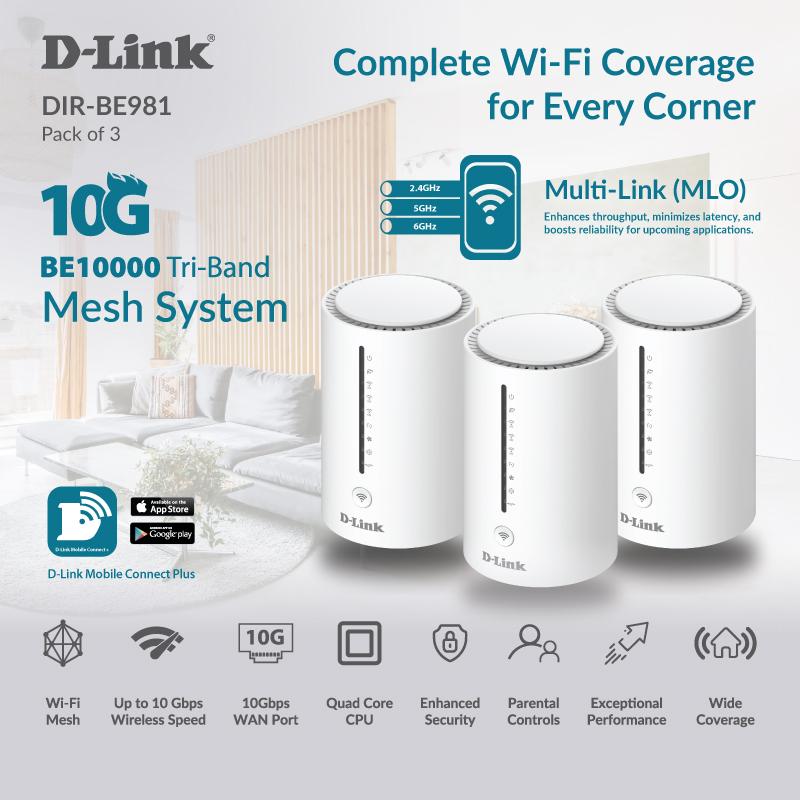
Daniel McClean, Director of Business Development, International Markets at DNSFilter
At GITEX Global 2025, CXO DX spoke with Daniel McClean, Director of Business Development, International Markets at DNSFilter about the company’s security-focused web filtering technology, its growing presence in the Middle East, and how it’s addressing the evolving challenges of hybrid work and internet threats.
Tell us about your solutions and your presence in the Middle East.
What do we do at DNSFilter? It’s pretty much in the name; we filter DNS queries. We’re a security-focused web content filtering solution with a mission to mitigate risk across all users who are leveraging the internet, which, as you know, is a pretty big population.
We offer a single solution, which is also called DNSFilter. Our presence in the Middle East is continually growing, and being at GITEX has been very exciting. It’s a great place to meet our distribution partners, connect with channel partners, and meet new prospects as well.
Tell us about the recent acquisition of Zorus
We acquired Zorus, which was actually a competitive product. When looking at web content filtering, they were a very strong player in the MSP market and also a strong competitor for DNSFilter.
Over time, we realized there were great synergies between our two companies. So at the end of Q1 this year, we finalized the acquisition of Zorus, which is now part of the DNSFilter ecosystem.
It brought in additional capabilities such as URL and IP blocking, device lockdown, and more. Essentially, they brought their stack into ours and vice versa. It’s an exciting development for DNSFilter ahead.
How would you differentiate DNSFilter from solutions like firewalls?
Everyone needs a firewall, and I’d never say they should be removed from the equation. The difference is that firewalls are static, whereas the internet and threats are dynamic; they keep changing constantly.
That’s where DNSFilter comes in. We complement that strong, static layer by being more nimble in catching emerging threats. For example, one thing we do really well is block new domains. Most of the time, if a web domain is spun up within 24 hours, it’s created for malicious purposes. A static firewall won’t block that but we will automatically.
So, as you can see, DNSFilter and firewalls work very well together. There’s a lot of synergy with other security products, and that’s one reason we work effectively with Bulwark, who have well-rounded product offerings.
What kind of threats do you address, especially with the hybrid workforce and modern connectivity challenges?
There are quite a few. If you think back to five years ago, when everyone suddenly moved into a more remote-friendly work environment, employees started taking corporate devices into private networks. Those private networks don’t usually have the same level of protection as corporate infrastructure.
That’s when the demand exploded for solutions that offer consistent security between corporate and private networks. That’s what DNSFilter does well; it can be applied at the network level or the device level, ensuring the same level of protection regardless of where users are.
We also care deeply about public Wi-Fi security. Take the example of the World Trade Center, where we’re standing today — everyone connects to a public network. You need to make sure that everyone connecting to that network inherits a certain level of security, even if they’re not thinking about it.
From my perspective, we break DNS security into three components: compliance, productivity, and security.
We’ve talked about compliance and productivity; the security piece also includes IoT and OT protection. Think of your smart fridge or smart washing machine; they’re all connected devices. DNSFilter protects the network layer that all those devices use.
By applying protection at the DNS layer, all users, machines, and infrastructures gain a baseline of security. It’s simple but powerful; everything on the internet communicates through DNS, so securing that layer gives you reach across users and devices easily.
How do you see traction for your solution in this region?
We’re seeing significant interest, particularly from telecom providers. This is a region where much of the internet is moderated, and that’s exactly the kind of environment where our technology fits naturally.
The traction is good, adoption is growing, and we’re seeing increasing customer interest across the Middle East. DNSFilter is a global company, selling across regions, and we’re pleased to see the Middle East emerging as a strong growth market.
Do you have a local office, or are there plans to set one up?
Not currently, but we do work through our distribution partners, including Bulwark, who serve as our feet on the ground. Based on experience, when the business reaches a certain critical point, setting up a local presence is definitely a decision we’ll consider.
How do integrations with partners and other vendors support your go-to-market strategy?
That’s an area where we really complement each other. Integrations with tools like Active Directory, ConnectWise, or Amazon S3 buckets are key.
They allow us to take the rich network and endpoint data we collect and use it to augment security postures across ecosystems. For example, Active Directory integration makes it easy to push DNSFilter to multiple users, while platforms like Amazon S3 help in aggregating and analyzing that data.
It’s a two-way street; we provide critical DNS security data, and partner ecosystems help integrate and distribute that intelligence more effectively.















